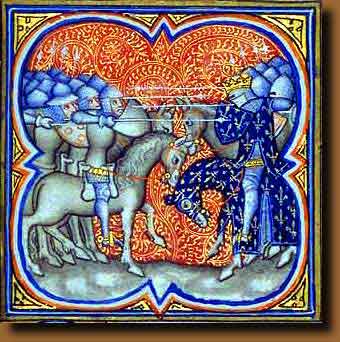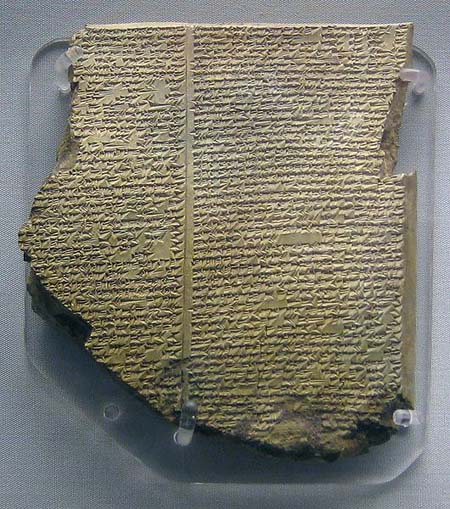Er waren nieuwe afleveringen van
Simek 's Nachts, maar lange tijd stonden ze niet in de
feed. Tot vorige week de sluizen open gingen en er meteen zeven nieuwe interviews als podcast gepubliceerd werden. Ik heb er twee uitgekozen om te beluisteren: Maarten van Roozendaal (
stream,
download) en Heleen Mees (
stream,
download). Het beste nieuws: Martin Simek was weer goed op dreef.

Maarten van Roozendaal beschrijft zichzelf als 'neurotisch depressief', wat hij nader definieert als: teveel met zichzelf bezig. Toch is er een punt dat Simek aan het licht brengt waar Van Roozendaal niet met zichzelf bezig is. Hij is niet bezig zichzelf te laten excelleren. Er is een climax waarin Maarten een gedicht van Jean-Pierre Rawie voordraagt en Simek haarfijn oppikt dat hier meer toewijding in gelegd wordt, dan in het eigen werk. "Nee daar ben ik niet mee bezig," geeft de zanger toe en laat doorschemeren dat hij een beetje bang voor de kwestie is. Hij wil 'het handig gedaan hebben' en de vraag of het echt goed is, liever met rust laten.
Hebben we met een bangige gast te maken? Nee, verre van dat. Wat vooral opvalt is de zelfbewuste assertiviteit die Maarten van Roozendaal aan de dag legt. Ad rem en spitsvondig en snel reageert hij en dat levert een razendsnelle productie op. Alleen achteraf kan je denken dat die goed van de tongriem gesneden attitude misschien wel meer 'handig gedaan' is en een afleidingsmanoeuvre zou kunnen zijn van wat Maarten van Roozendaal aan diepte zou kunnen hebben. Diepte die hij pas met het gedicht van Rawie toelaat. Als hij het nou nog in zijn eigen werk toelaat, kan hij de Nederlandse Brel worden.

Heleen Mees is een andere assertieve gast, maar dan een die eigenlijk verrassend zwak formuleert. Al in de eerste drie zinnen die ze loslaat, buitelen de gedachtes en theorieen zo wild over elkaar heen dat er een opgeblazen kretologie overblijft. "De wereld is niet af, dat idee is begonnen met 'The end of history', maar ik dacht dat kan niet. [...] De hele lounge cultuur die sindsdien is ontstaan, hedonisme maar niet echt. [...] Ik vind dat het allemaal wel wat leaner en meaner kan." Simek laat het haar uitleggen en ontlokt nog een mooie gedachte (liefdevolle verwaarlozing van kinderen), maar moet ten slotte zelf met een metafoor komen om wat handvaten aan deze brij te geven.
Zijn metafoor (tennis, natuurlijk!) is briljant en verrast Mees merkbaar, die er vervolgens nauwelijks iets uithaalt. We kunnen het eens zijn met Mees dat Nederlandse vrouwen gezapig vluchten in ambitieloosheid, maar de essentie van Mees' antwoord, dat vrouwen wakker moeten worden en aanpakken laat precies de zere plek zien waar Simek met zijn metafoor juist de vinger op legt: dat is een imitatie van de mannen. Is dat wat je wilt? Kennelijk. Maar is dat nou wel zo goed? levert dat de gewenste vooruitgang op? Mees blijft er wazig over, schrijft misschien beter dan ze spreekt, maar zal hopelijk nog veel scherpte winnen.
Meer Simek op dit blog:
Barbara van Beukering, Gert Dumbar,
Jaap van der Zwan,
Lucie Stepanova,
Olaf Tempelman,
Paul Gelderloos.
Heleen Mees was ook te beluisteren op NRC FM:
Amerikaanse verkiezingen,
Mannen, zijn ze nog ergens goed voor?De argeloze luisteraar zij gewaarschuwd: NRC FM, is nogal een zwakke podcast.
 She has a very good grip on what academic institutions all over the world have to offer and as a result caught up on the British universities of Oxford and Cambridge, who have started to follow their American counterparts and begun to put good courses on line. One of DIY Scholar's mentions is a course on Oxford about German politics since 1945.
She has a very good grip on what academic institutions all over the world have to offer and as a result caught up on the British universities of Oxford and Cambridge, who have started to follow their American counterparts and begun to put good courses on line. One of DIY Scholar's mentions is a course on Oxford about German politics since 1945.




















)



